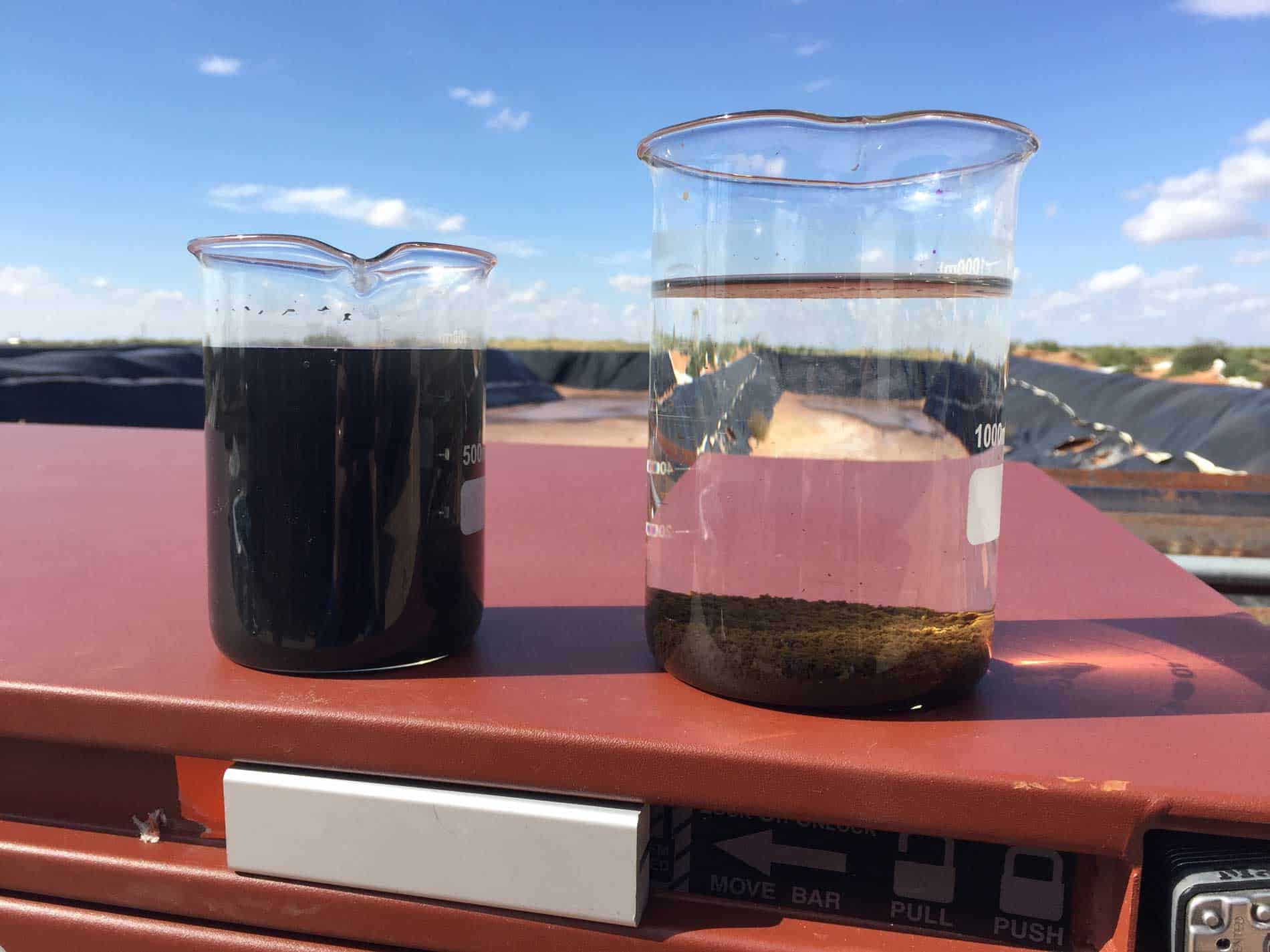Scale Deposition Rate in Produced Water Testing
The scale deposition rate in produced water testing is a critical parameter that oil and gas operators must monitor to ensure optimal performance of their production facilities. Scale formation, primarily composed of calcium carbonate (CaCO₃), can lead to significant operational challenges such as reduced flow rates, increased maintenance costs, and potential shutdowns due to blockages within pipelines and equipment.
Produced water from oil and gas fields often contains a high concentration of minerals and salts. When these waters are brought to the surface, they face changes in temperature and pressure, which can lead to precipitation of scale-forming compounds. Understanding and quantifying this process through laboratory testing is essential for preventing and mitigating scale-related issues.
Scale deposition rate tests involve subjecting produced water samples under controlled conditions that simulate real-world scenarios encountered during production and transportation processes. This includes varying temperature, pressure, and flow rates to observe the formation of scale deposits over time. The primary goal is to predict how these scales might accumulate in pipelines or equipment, allowing operators to implement preventive measures.
Standard test methods for measuring scale deposition rate include ASTM D7851 and ISO 20496, which provide protocols for determining calcium carbonate scale formation in produced waters. These standards ensure that the testing process is consistent across different laboratories, leading to reliable and comparable results.
The testing procedure typically involves preparing a sample of produced water according to specified ASTM or ISO guidelines. The sample is then placed into a controlled environment where it undergoes conditions that mimic those found during production and transportation processes. Over time, the formation of scale deposits is monitored visually or through quantitative analysis using techniques like X-ray diffraction (XRD) or inductively coupled plasma mass spectrometry (ICP-MS).
The results from these tests provide valuable insights into the potential for scale deposition within specific production facilities and pipelines. This information enables operators to make informed decisions about corrosion protection, chemical treatment strategies, and equipment design modifications aimed at reducing scale-related issues.
By accurately measuring the scale deposition rate in produced water testing, companies can enhance their operational efficiency while minimizing environmental impacts associated with scaling phenomena. The insights gained from such tests contribute significantly to maintaining sustainable practices throughout the entire lifecycle of oil and gas operations.
Industry Applications
- Mitigation of operational disruptions caused by scale blockages in pipelines and equipment.
- Optimization of chemical treatment programs designed specifically for preventing scale formation.
- Evaluation of new materials or coatings intended to resist scale buildup.
- Determination of appropriate operating parameters (temperature, pressure) that minimize scale deposition risk.
Why Choose This Test
- The test provides actionable data for proactive maintenance and preventive measures against scaling issues.
- It supports compliance with industry regulations related to water treatment and discharge standards.
- The results help in reducing downtime associated with unexpected scale blockages, thereby improving overall productivity.
- By identifying the specific conditions under which scales form, operators can tailor their strategies for optimal performance.





